The idea of filing for bankruptcy can seem daunting, and we understand your concerns. However, remember that bankruptcy is not the end of the world, but rather a financial tool to help you regain control over your life. This guide is designed to help you understand how to file bankruptcy: Florida, offering you a step-by-step walkthrough of the bankruptcy process, from understanding what bankruptcy is to successfully filing your bankruptcy petition.
Bankruptcy in Florida
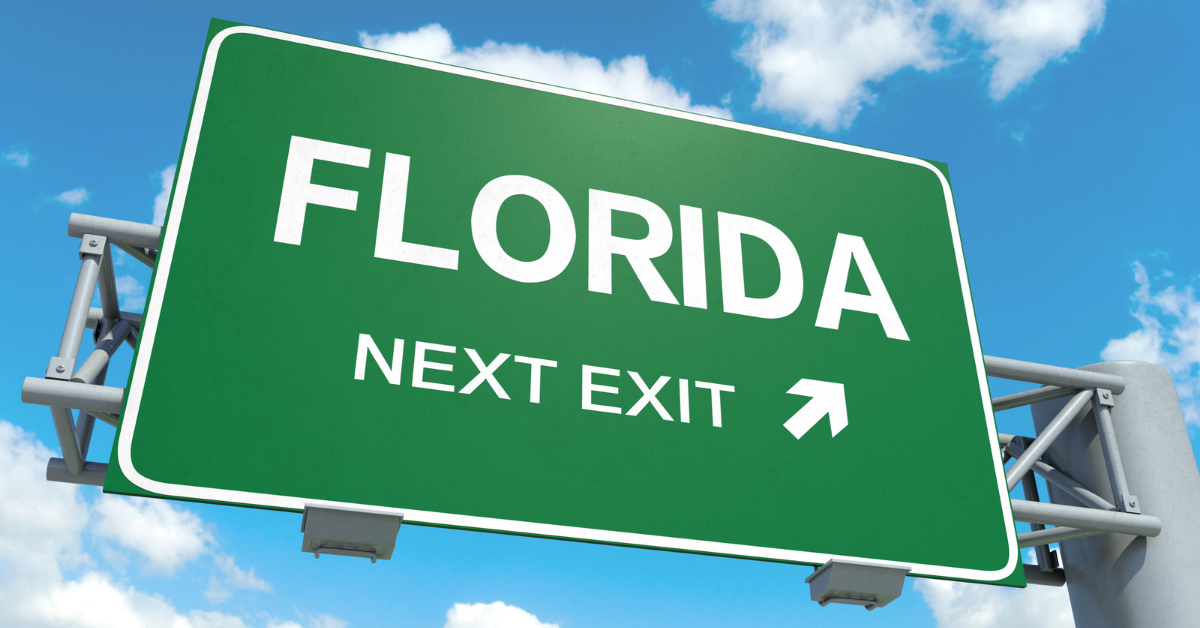
Filing for bankruptcy in Florida involves a series of steps, starting with determining if bankruptcy is the right option for you. This decision is crucial as it impacts your financial future. It’s important to note that filing for bankruptcy does not permanently damage your credit score. In fact, for most people, it gets better if they follow the correct recommendations.
Understanding Bankruptcy
Bankruptcy is a legal process that allows individuals or businesses to eliminate or repay some or all of their debts under the protection of the federal bankruptcy court. For individuals, the most common types are Chapter 7 and Chapter 13 bankruptcy.
Chapter 7 Bankruptcy
Also known as liquidation or straight bankruptcy, Chapter 7 involves the sale of a debtor’s non-exempt assets by the bankruptcy trustee. The proceeds from the sale are then used to pay creditors according to the provisions of the Bankruptcy Code. Some types of unsecured debt are discharged, providing a fresh start for the individual.
Chapter 13 Bankruptcy
Chapter 13 bankruptcy, also known as a wage earner’s plan, enables individuals with regular income to develop a plan to repay all or part of their debts. Debtors propose a repayment plan to make installments to creditors over three to five years.
The Bankruptcy Process in Florida
The bankruptcy process in Florida involves a series of steps, including credit counseling, filing a bankruptcy petition, attending a meeting of creditors, and completing a debtor education course.
Credit Counseling
Before filing for bankruptcy, you’ll need to complete a credit counseling course from an approved credit counseling agency. This is a requirement under federal law and needs to be completed within 180 days before filing your bankruptcy petition.
Filing a Bankruptcy Petition
The next step is to file a bankruptcy petition with the bankruptcy court in the district of Florida where you live. The bankruptcy petition is a series of official forms where you’ll list your income, debts, and all of your property.
Meeting of Creditors
After filing your bankruptcy petition, a bankruptcy trustee will be appointed to your case. You’ll be required to attend a meeting of creditors, also known as a 341 meeting, where creditors may ask you questions about your bankruptcy and finances.
Debtor Education Course
Before you can receive a bankruptcy discharge, you must complete a debtor education course from an approved agency. This course will help you understand how to manage your finances after bankruptcy.
Remember, every bankruptcy case is unique, and the process can be complex. It’s highly recommended to consult with a knowledgeable bankruptcy attorney to guide you through the process and help you understand all your options.
Filing for Chapter 7 Bankruptcy in Florida
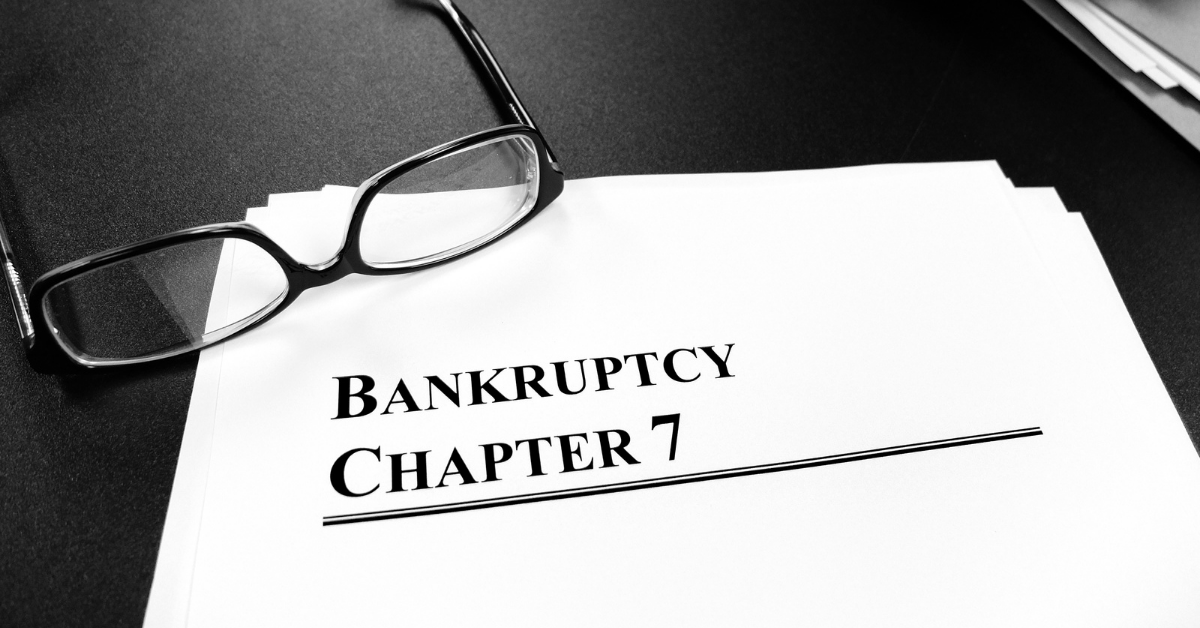
Chapter 7 bankruptcy, also known as liquidation bankruptcy, is the most common type of bankruptcy filed in Florida. It allows debtors to discharge their unsecured debts, such as credit card bills and medical bills. However, to qualify for Chapter 7 bankruptcy, you must pass the means test, which compares your income to the median income in Florida.
The Means Test
The means test is designed to limit the use of Chapter 7 to those who cannot pay their debts. It takes into account your income, expenses, and the size of your family to determine if you have enough disposable income to repay your debts. If your current monthly income is less than the median income for a household of your size in Florida, you pass the means test and can file for Chapter 7 bankruptcy.
Exemptions in Florida
If you file for Chapter 7 bankruptcy in Florida, you can use Florida’s bankruptcy exemptions to protect your property. The Florida homestead exemption allows you to exempt an unlimited amount of equity in your home or other property covered by the homestead exemption. Other Florida exemptions include retirement accounts, life insurance policies, personal property, and more.
Filing the Bankruptcy Petition
The bankruptcy process begins when you file a bankruptcy petition with the bankruptcy court for the District of Florida. The bankruptcy petition includes detailed information about your debts, income, expenses, and assets. Filing the bankruptcy petition triggers an automatic stay that stops most creditors from collecting debts.
The Role of the Bankruptcy Trustee
Once you file your bankruptcy case, the bankruptcy court appoints a bankruptcy trustee to administer the case. The bankruptcy trustee’s job is to review your bankruptcy forms, sell your nonexempt property to repay your creditors, and oversee your Chapter 7 bankruptcy from start to finish.
Filing for Chapter 13 Bankruptcy in Florida
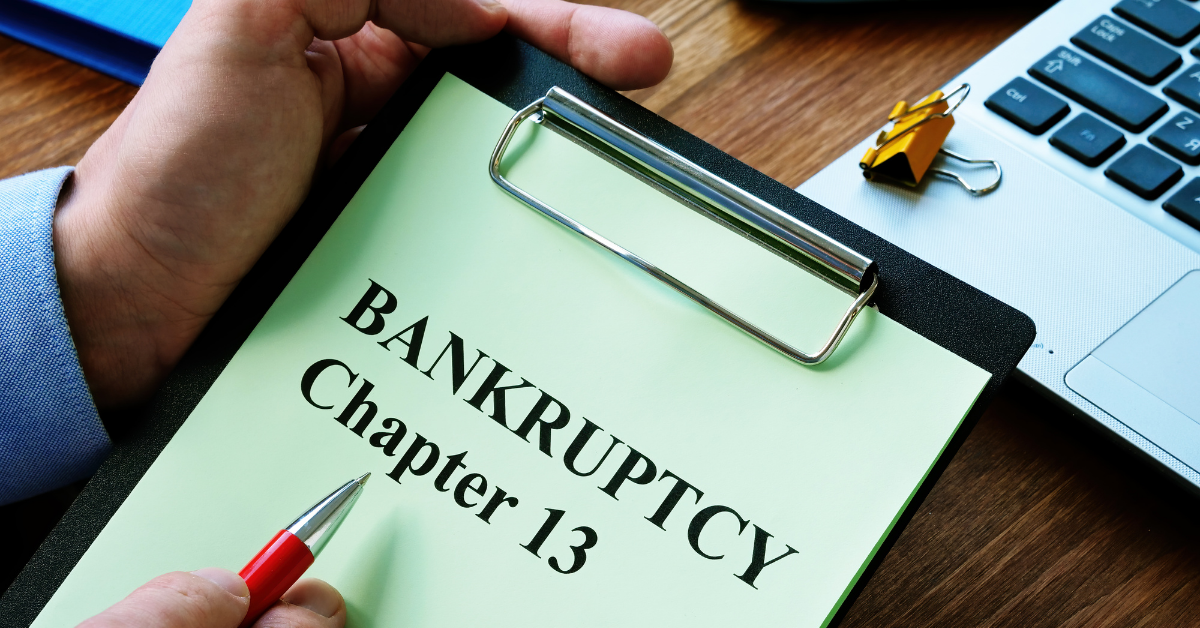
If you don’t qualify for Chapter 7 bankruptcy, or if you want to keep your property and catch up on missed mortgage or non-dischargeable debt payments, Chapter 13 bankruptcy may be a better option.
The Repayment Plan
Chapter 13 bankruptcy requires you to repay your debts over a three to five-year period. Your repayment plan will detail how you will pay off your debts over time. The amount you must repay depends on your income, expenses, and types of debt.
Benefits of Chapter 13
Chapter 13 bankruptcy allows you to keep all your property, including non-exempt assets that you would have lost in a Chapter 7 case. It can also help you avoid foreclosure, catch up on missed house or car payments, and pay back taxes over time.
Filing the Bankruptcy Petition
As with Chapter 7, you begin the Chapter 13 bankruptcy process by filing a bankruptcy petition with the bankruptcy court. You must also submit a proposed repayment plan, which must be approved by the bankruptcy court.
The Role of the Bankruptcy Trustee
In Chapter 13 bankruptcy, the bankruptcy trustee’s role is to review your repayment plan, make sure you are making your payments, and distribute those payments to your creditors.
Remember, whether you choose Chapter 7 or Chapter 13, bankruptcy is a complex process that requires careful planning and understanding of the law. It’s important to consult with a knowledgeable bankruptcy attorney to guide you through the process.
Florida Bankruptcy Exemptions – Don’t Forget These

Bankruptcy exemptions play a crucial role in both Chapter 7 and Chapter 13 bankruptcy cases. These exemptions allow you to keep certain types of property and assets even after filing bankruptcy. Florida law provides a list of exemptions that can be used in bankruptcy cases.
Florida Homestead Exemption
Florida’s homestead exemption is one of the most generous in the country. It allows you to protect an unlimited amount of equity in your primary residence, as long as the property does not exceed half an acre in a municipality or 160 acres elsewhere. This means that, in most cases, you can keep your home as long as you continue to make your regular mortgage payments.
Personal Property Exemptions
Florida law allows you to exempt up to $1,000 in personal property – things like furniture, art, and electronics. If you do not use the homestead exemption, that amount increases to $4,000. If you’re a married couple filing jointly, these amounts can be doubled.
Vehicle Exemption
The vehicle exemption in Florida allows you to protect up to $1,000 in equity in your vehicle. Again, if you’re filing jointly, this amount can be doubled. This means that you can keep your vehicle as long as its equity does not exceed the exemptible amount.
Other Florida Bankruptcy Exemptions
Florida also offers a wildcard exemption of up to $4,000 for any property if the homestead exemption is not used. Additionally, certain types of income, such as social security benefits and unemployment compensation, are exempt. Retirement accounts and life insurance policies are also generally protected in a Florida bankruptcy.
Highly Recommended: A Florida Bankruptcy Attorney
Filing for bankruptcy can be a complex process, filled with numerous forms and legal procedures. Having a knowledgeable bankruptcy attorney by your side can make this process much simpler and less stressful.
Expert Guidance
They can provide expert guidance throughout the entire bankruptcy process. They can help you understand the differences between Chapter 7 and Chapter 13 bankruptcy, assist with the means test, and guide you through the filing of your bankruptcy petition. They can also help you understand the Florida bankruptcy exemptions and how they apply to your case.
Representation in Bankruptcy Court
Your bankruptcy attorney will represent you in the bankruptcy court, ensuring that your rights are protected. They will attend the meeting of creditors with you and represent your interests in any disputes that may arise with your creditors or the bankruptcy trustee.
Navigating Complex Bankruptcy Laws
Bankruptcy laws can be complex and confusing. A bankruptcy attorney can help you navigate these laws, ensuring that you understand all of your options and the potential consequences of your decisions. They can also help you avoid common pitfalls that can complicate your bankruptcy case or even lead to the dismissal of your case.
Your Goal: The Bankruptcy Discharge
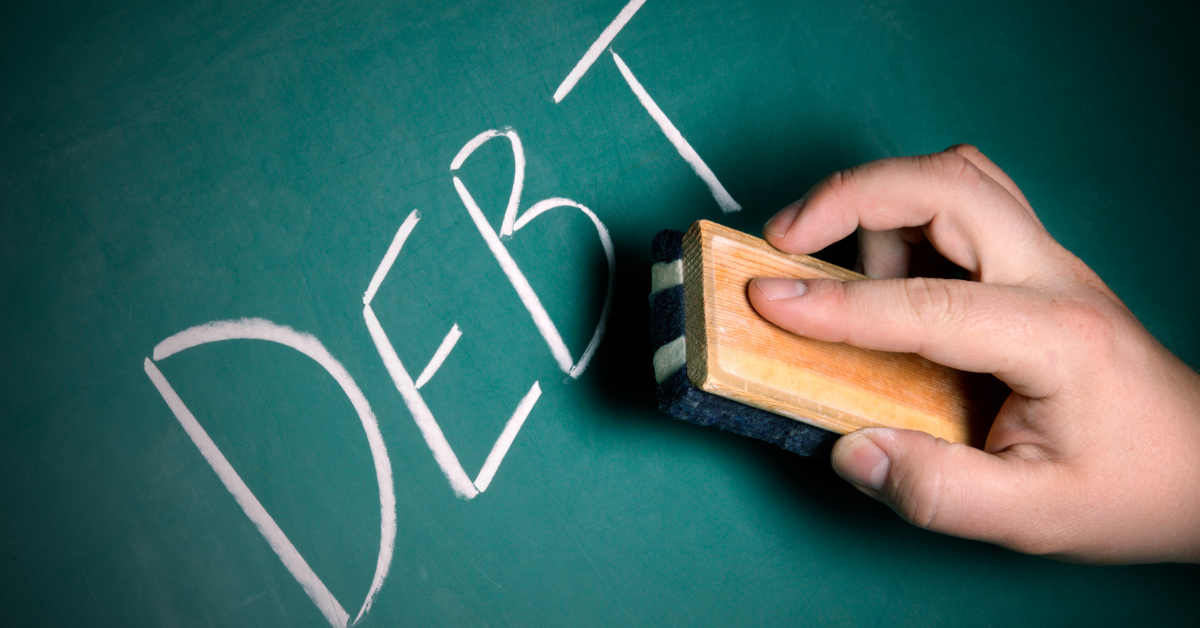
One of the main benefits of filing for bankruptcy is the bankruptcy discharge. This is a court order that releases you from the obligation to pay certain types of debts.
What Debts are Discharged?
In a Chapter 7 bankruptcy, most unsecured debts can be discharged. This includes credit card debt, medical bills, and personal loans. Some types of unsecured debts, such as student loans, child support, and certain tax debts, are generally not dischargeable. In a Chapter 13 bankruptcy, you may pay a portion of your unsecured debts through your repayment plan, with the rest being discharged at the end of your plan.
The Effect of the Bankruptcy Discharge
Once a debt is discharged in bankruptcy, the creditor is prohibited from taking any action to collect the debt. This includes phone calls, letters, lawsuits, wage garnishments, and bank levies. The discharge gives you a fresh financial start, allowing you to move forward without the burden of unmanageable debt.
The Timing of the Bankruptcy Discharge
In a Chapter 7 bankruptcy, the discharge typically occurs a few months after the bankruptcy petition is filed. In a Chapter 13 bankruptcy, the discharge does not occur until the completion of the repayment plan, which can take three to five years.
The Importance of the Bankruptcy Discharge
The bankruptcy discharge is a powerful tool that can give you relief from overwhelming debt. However, it’s important to understand that not all debts are dischargeable in bankruptcy.
Bankruptcy Court: A Walkthrough
Bankruptcy court is a specialized federal court where all bankruptcy cases are heard. There are several steps involved in a bankruptcy case, and understanding these steps can help you navigate the process more effectively.
Initial Filing
The bankruptcy process begins when you or your bankruptcy attorney files a bankruptcy petition with the bankruptcy court. This petition includes detailed information about your income, expenses, assets, debts, and financial transactions.
Automatic Stay
Once your bankruptcy petition is filed, an automatic stay goes into effect. This stay prevents creditors from taking further collection actions against you. It can stop foreclosure proceedings, wage garnishments, and lawsuits.
Trustee Appointment
After your bankruptcy petition is filed, a bankruptcy trustee is appointed to your case. The trustee’s role is to review your petition, sell your non-exempt assets (in a Chapter 7 case), and distribute the proceeds to your creditors.
Meeting of Creditors
A few weeks after your petition is filed, you will need to attend a meeting of creditors, also known as a 341 meeting. During this meeting, the bankruptcy trustee and any creditors who choose to attend can ask you questions about your financial situation and the information in your bankruptcy petition.
Discharge
At the end of your bankruptcy case, you will receive a bankruptcy discharge. This discharge releases you from liability for most of your debts and prohibits creditors from attempting to collect these discharged debts.
FAQ | Filing Bankruptcy in Florida
What is the Difference Between Chapter 7 and Chapter 13 Bankruptcy?
Chapter 7 bankruptcy is often referred to as liquidation bankruptcy. It allows you to discharge most of your unsecured debts, such as credit card bills and medical debt. However, you may have to sell some of your property to pay back your creditors.
Chapter 13 bankruptcy, on the other hand, is more of a reorganization bankruptcy. You’ll create a repayment plan to pay back all or a portion of your debts over a period of three to five years. This type of bankruptcy allows you to keep your property and catch up on missed mortgage or car loan payments.
What is the Means Test?
The means test is a formula used to determine if you qualify for Chapter 7 bankruptcy. It compares your income to the median income in Florida. If your income is below the median, you qualify for Chapter 7. If it’s above, you may still qualify if you don’t have enough disposable income to repay your debts.
How Does the Automatic Stay Work?
The automatic stay is a legal injunction that stops most collection actions by creditors. This means that once you file for bankruptcy, creditors cannot sue you, garnish your wages, or contact you to demand payment.
Can I Keep My Home and Car if I File for Bankruptcy?
Yes, in most cases. Florida has generous homestead and vehicle exemptions that allow you to keep your home and car in bankruptcy, as long as you stay current on your payments.
How Long Does Bankruptcy Stay on My Credit Report?
A Chapter 7 bankruptcy stays on your credit report for 10 years, while a Chapter 13 bankruptcy stays on your report for 7 years. However, the impact of bankruptcy on your credit score diminishes over time, especially if you practice good credit habits.
Can I File for Bankruptcy More Than Once?
Yes, but there are time limits. You must wait eight years from the date of a previous Chapter 7 discharge to file another Chapter 7 bankruptcy. If you previously filed for Chapter 13, you must wait six years to file for Chapter 7 in FL, unless you paid off all of your debts in the Chapter 13 case.
Contact a Florida Bankruptcy Attorney Today
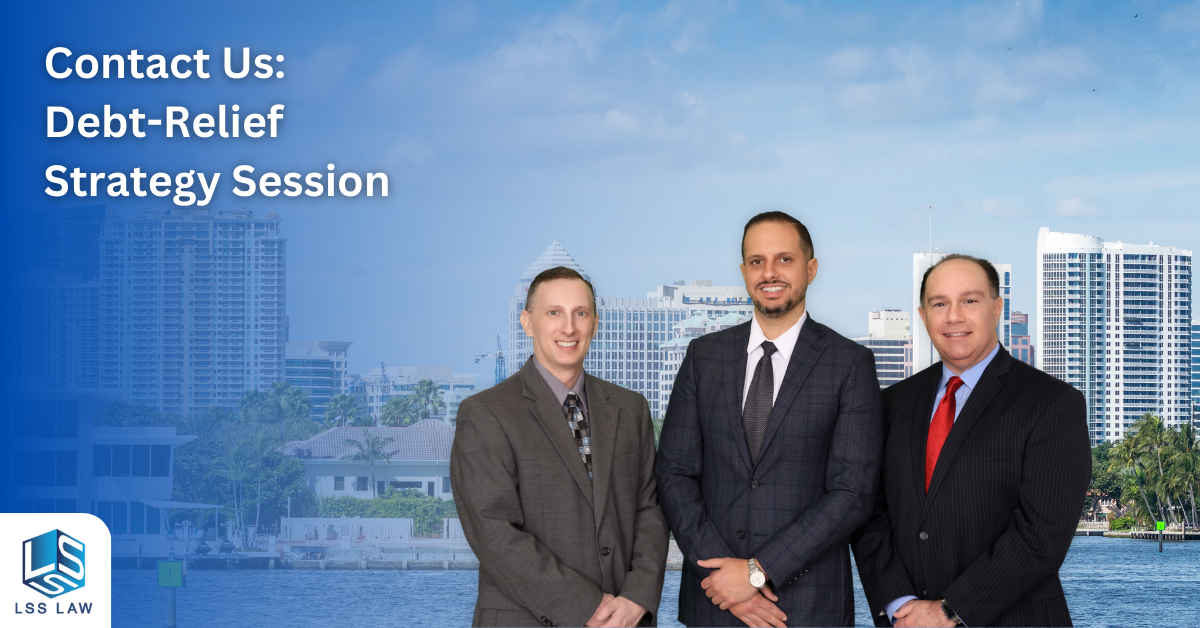
If you’re struggling with debt and considering bankruptcy, don’t navigate this complex process alone. Our experienced bankruptcy attorneys at LSS Law are here to guide you every step of the way. We offer free consultations for personal bankruptcies, so don’t hesitate to reach out. You can reach us at our contact page or at (954) 466-0541. Let’s work together to remove the financial monkey from your back and open the door to a brighter future.






